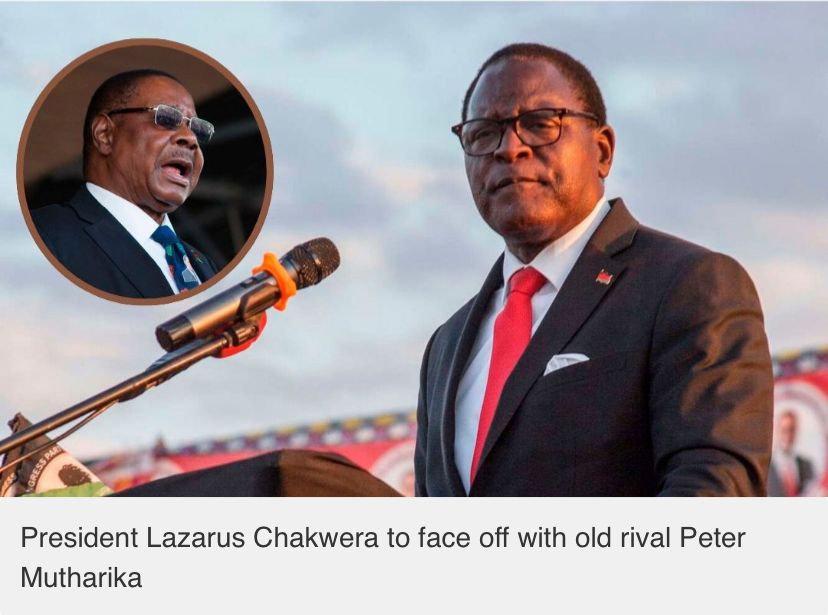In the misty dawn of Dedza district, a serpentine line of vehicles curls around the only functioning petrol station. Men sleep slumped over steering wheels, women cradle babies on the roadside, and boda-boda drivers pace restlessly – another day lost to Malawi’s relentless fuel crisis.
This has become a familiar sight across the country. In the run-up to Malawi’s September 16 elections, the scarcity of petrol has become both a practical nightmare and a potent symbol of an economy in tatters under President Lazarus Chakwera.
“My business is dying because there is no fuel,” sighed Nelson Mazola, a motorcycle taxi driver who had been waiting all night for a few litres. “People refuse to pay higher fares even when they are rushing to hospital. We are all suffering.”
Malawi’s chronic shortages are rooted in a deeper malaise: a severe foreign currency crunch that makes it nearly impossible to import fuel and other essentials. The tobacco-dependent economy has been rocked by drought, a yawning trade deficit, and ballooning debt repayments. Hoarding and black-market trading have worsened the problem.
The consequences are starkest in rural areas, where fuel scarcity drives up food prices and transport costs for communities already living on the edge. According to the World Bank, more than 70 percent of Malawians live in poverty, while the World Food Programme says 5.7 million people face acute food insecurity.
Economist Adam Chikapa warned the queues could cost Chakwera dearly at the ballot box. “Imagine sleeping at a filling station, angry and exhausted, and then voting the next day. People will punish the government,” he said.
Chakwera, 70, rose to power in 2020 after the annulment of the previous year’s fraudulent vote – a landmark moment for African democracy. But his administration has since been dogged by corruption scandals and economic decline. While his government has revived train services and overseen major road projects, critics say these achievements are overshadowed by the daily struggle for food and fuel.
His main rival is 85-year-old Peter Mutharika, the former president who Chakwera defeated five years ago. Mutharika, too, faces corruption accusations, but his supporters argue the economy was more stable under his watch. Other contenders include former president Joyce Banda, Vice-President Michael Usi, and ex-reserve bank governor Dalitso Kabambe.
With inflation hovering at 27 percent, patience is wearing thin. At a fuel station in Blantyre, young men sell petrol from plastic jerry cans at up to five times the official price. “It’s business now,” one said with a shrug.
Political scientist Boniface Dulani believes the shortages have become “the clearest symbol of government failure” – one that voters are unlikely to forgive.
Malawians will elect a president, 229 MPs and 509 councillors. Under new electoral rules introduced after the disputed 2019 vote, the winning presidential candidate must secure over 50 percent of the vote in the first round. That threshold may prove elusive, raising the likelihood of a run-off where alliances with smaller parties will decide the outcome.
For now, the queues keep growing – a daily reminder of what is at stake. “People are asking themselves whether anything will change if the same government remains,” Mazola, the weary taxi driver, said.
Kukurigo Update
